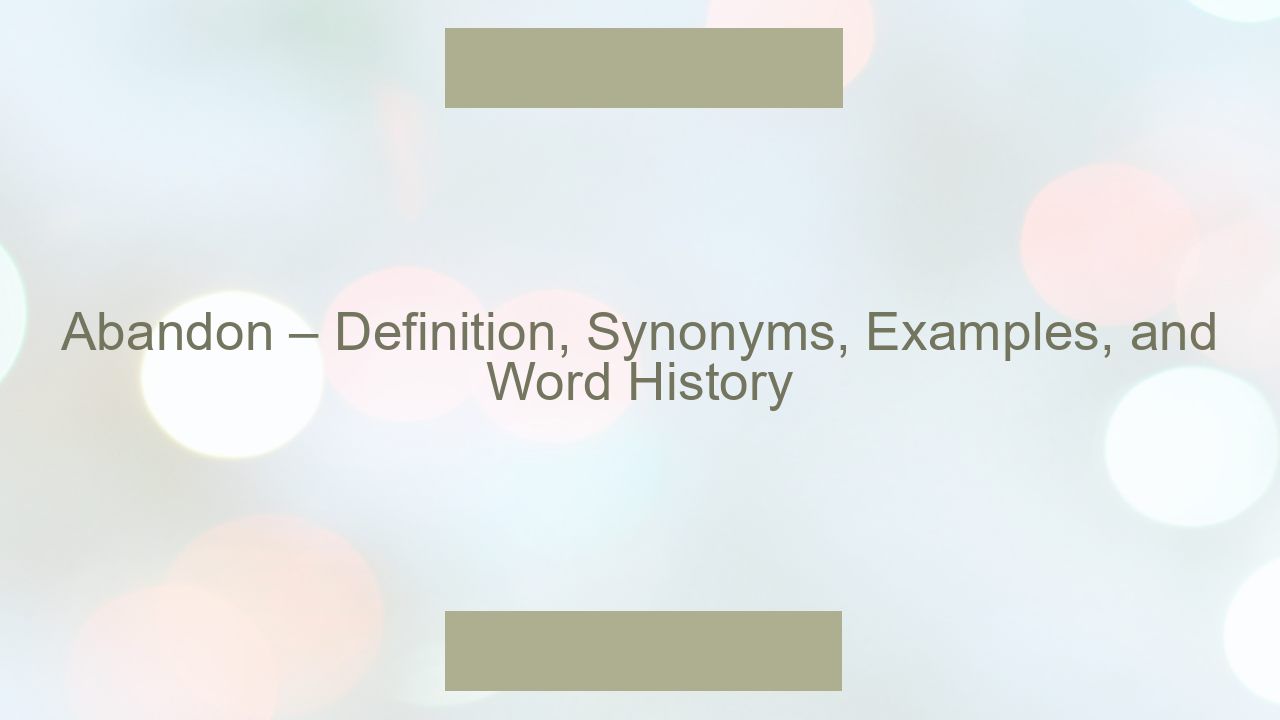The word ‘absolute’ is a versatile and commonly used term in the English language, often employed to convey certainty, completeness, or something that is not subject to any limitation. Understanding the absolute meaning can enhance both written and spoken communication, making it a valuable addition to one’s vocabulary. Whether in academic, legal, or everyday contexts, this word carries significant weight.
Definition (Meaning)
The term ‘absolute’ refers to something that is complete, total, or not limited by any conditions or restrictions. It can also describe something that is certain or unquestionable, often used to emphasize the finality or entirety of a situation or concept.
Synonyms
Some common synonyms for ‘absolute’ include complete, total, utter, perfect, and unconditional. These absolute synonyms can be used interchangeably depending on the context to convey a similar sense of entirety or certainty.
Examples of absolute in a Sentence
- She has absolute control over the project and makes all the final decisions.
- His belief in the cause is absolute, and nothing can change his mind.
- The teacher demanded absolute silence during the examination.
Word History
The word ‘absolute’ originates from the Latin term ‘absolutus,’ which means ‘freed’ or ‘unrestricted,’ derived from ‘absolvere,’ meaning ‘to set free.’ It entered the English language in the late 14th century, initially used in philosophical and theological contexts to describe something independent of external conditions. Over time, its usage expanded to include broader meanings related to completeness and certainty in everyday language.
